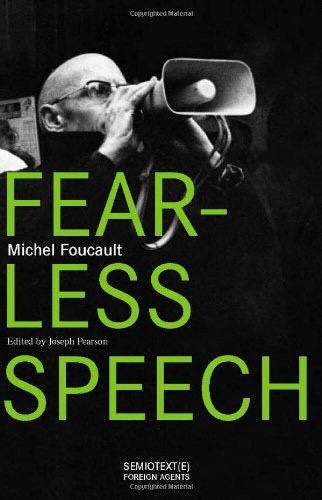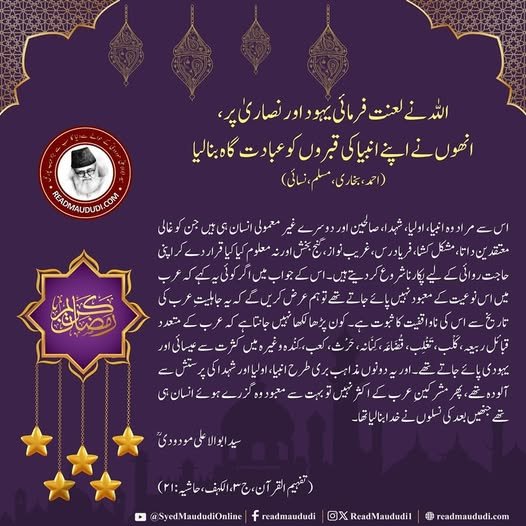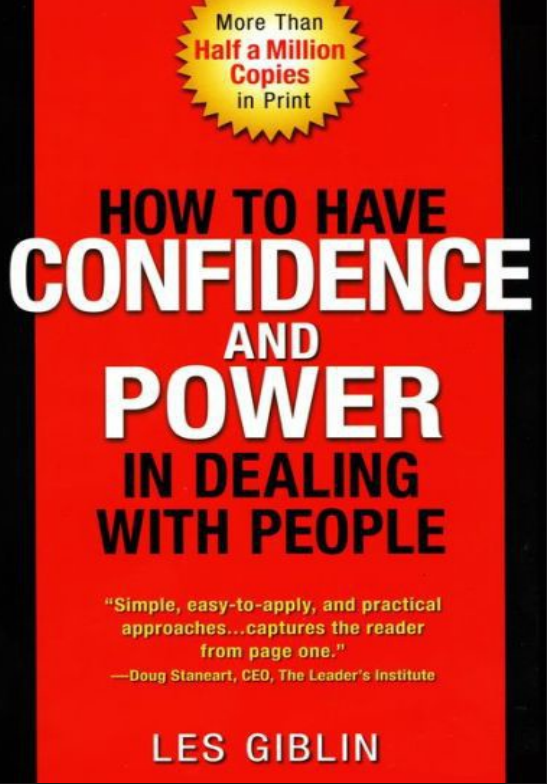
Fearless Speech
Disclaimer: This content has been uploaded by a user of Lit2Talks for educational and informational purposes only. All copyrights and trademarks belong to their respective owners. If you are the copyright holder and believe this content has been shared without your permission, please contact us for immediate removal.
Reviews
No review yet. Be the first to review this book!
×
Description
Michel Foucault, a prominent French philosopher and social theorist, explored the concept of "fearless speech" (parrhesia) in his work. Parrhesia refers to a form of speech that involves speaking truthfully and boldly, often in the face of power or authority, regardless of the consequences. Here's a...






















.jpg)











.jpeg)







.jpg)

.jpg)





.jpg)




.jpg)



.jpg)







.jpeg)




.jpg)



.jpg)
.jpeg)

.jpeg)

.png)







.jpeg)



